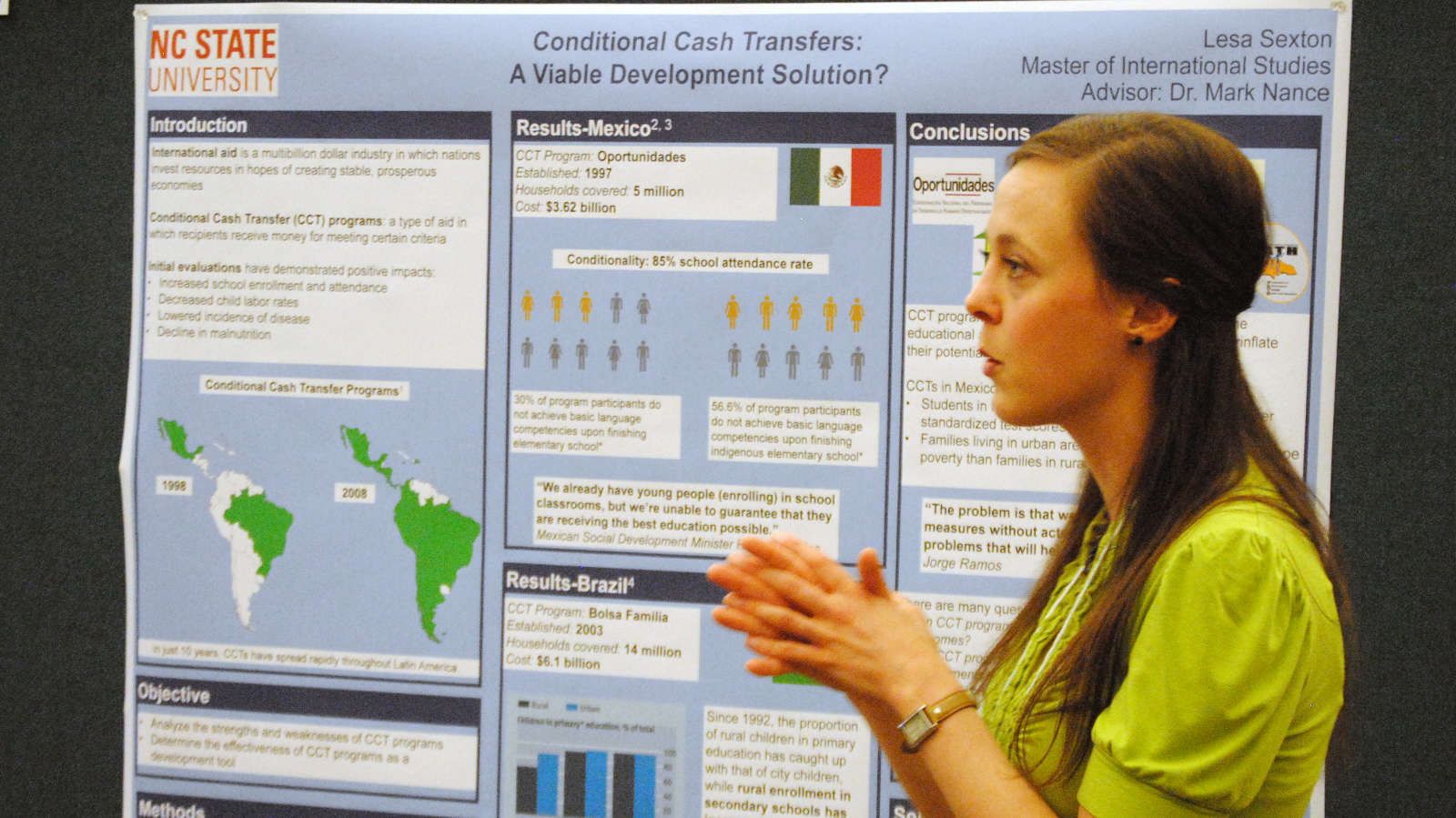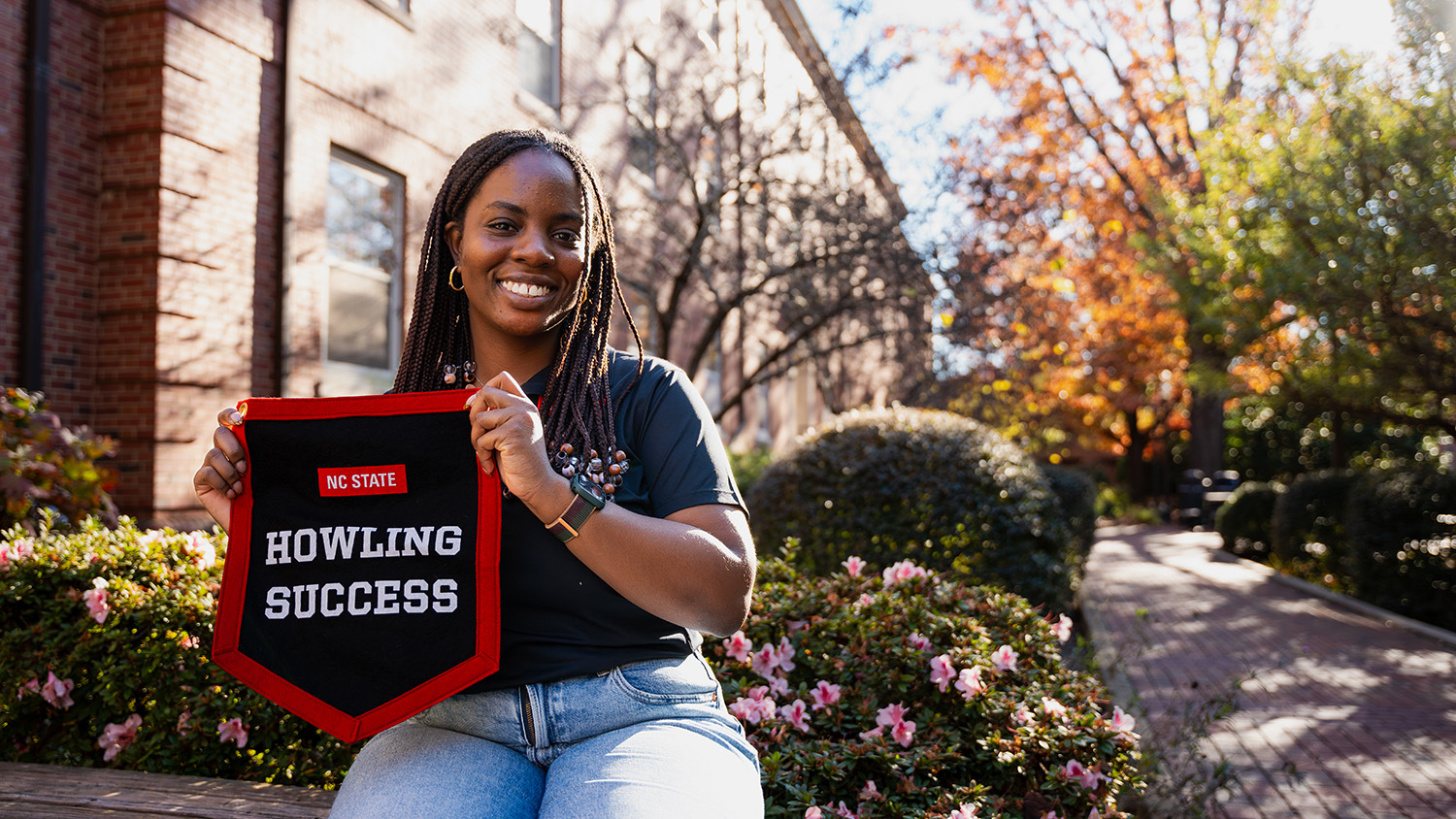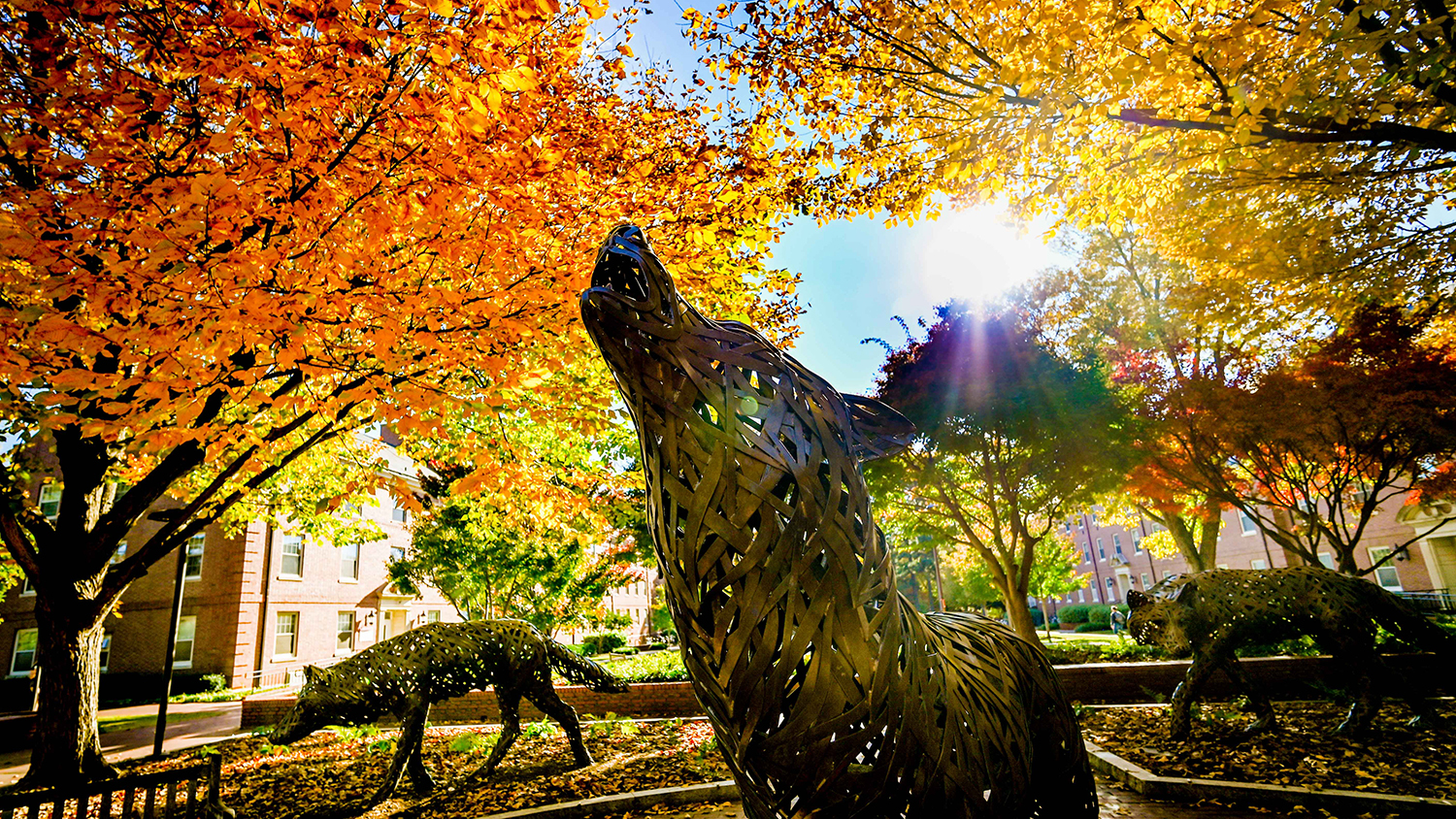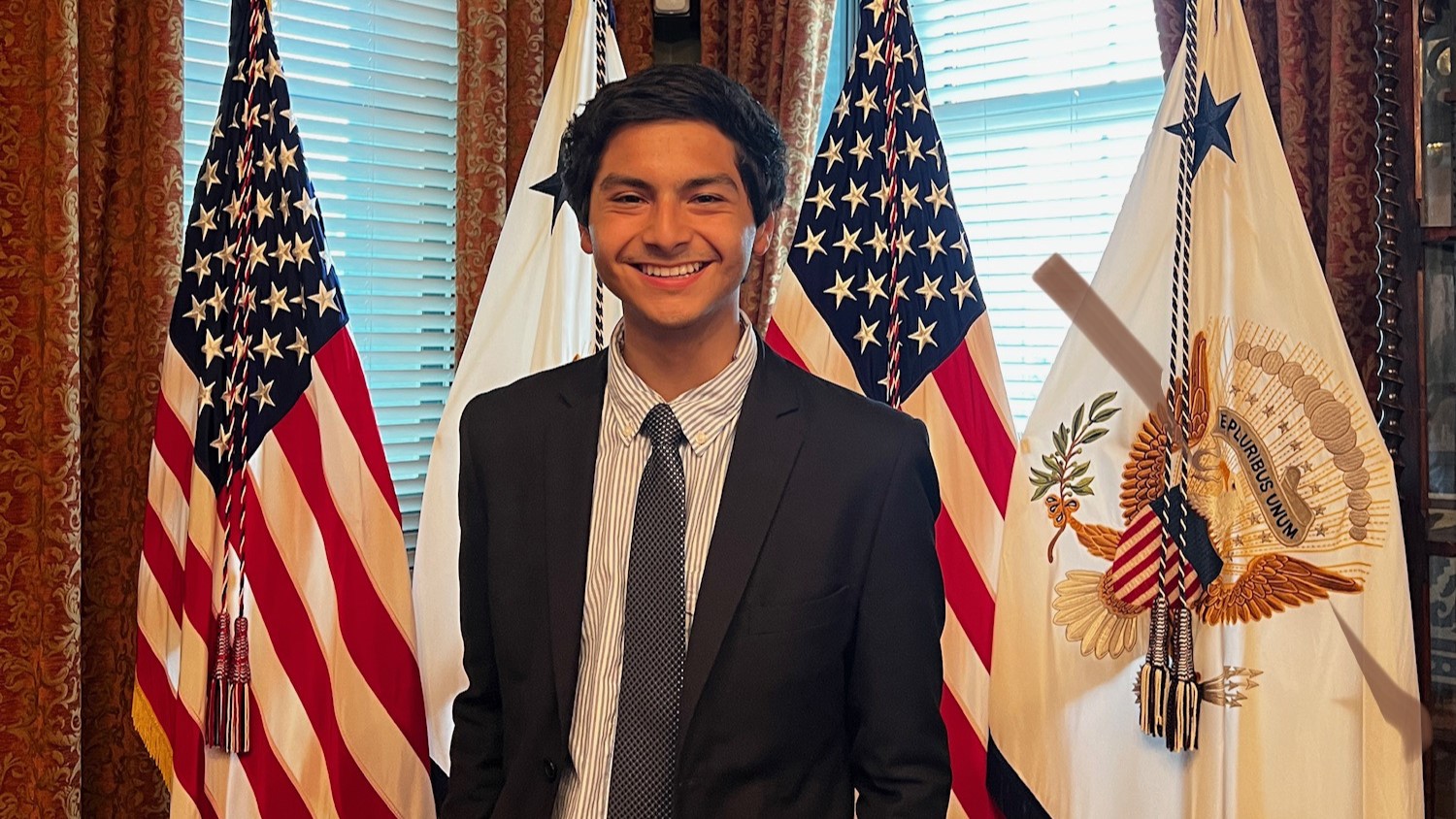Research Tests Success of Conditional Poverty Aid

What is the best way for a country to fight institutional poverty?
One method — called conditional cash transfer, or CCT — aims to provide aid by rewarding socially beneficial actions. For example, a CCT program may give a family money in exchange for sending its children to school or regular medical check-ups.
Lesa Sexton, a Master of International Studies student at NC State, set out to discover if national CCT programs in Mexico and Brazil are having a major impact on education for children living in poverty. Sexton presented findings from her research at the NC State Graduate Student Research Symposium.
We asked Sexton about the inspiration for her research, her findings and her desire to work toward expanding educational opportunities for the world’s children.
Q: How did you decide to research conditional cash transfer programs?
A: I am specifically interested in education in developing countries, so I had been reading about different educational initiatives being tried throughout the Global South to boost school enrollment. I came across conditional cash transfer programs and found it to be a really unique and innovative approach. Because there are never any easy solutions in development, I wanted to explore this model further to find out whether it was really as effective as it seemed.
Q: How did you collect your data? What did you analyze?
A: I primarily relied on scholarly articles published by development workers who had done extensive field research on the effects on these programs. Conditional cash transfer programs are usually run by the government but are often created with outside funding from international agencies, so I referenced those official sources as well. I was analyzing the literature for evidence of the program’s impact over time and among different groups (rural, urban).
Q: What did you find through your research?
A: The most interesting finding was the lack of cognitive achievement observed among students who enrolled in school as a result of this program. Simply put, just because students were in school didn’t mean they were learning. Many of these students probably needed additional supports that weren’t being offered, and as a result, the CCT program wasn’t having any noticeable impact on their academic progress.
Q: How do you feel national CCT programs could be altered to more effectively address social problems?
A: I think CCT programs can be extremely effective on certain measures, but I don’t think they can be implemented in isolation. Social problems are complex and are affected by a host of factors, and one program or model isn’t going to be enough. It takes a holistic approach to address these problems from their various angles in order for progress to be made.
Q: What impact have your professors had on your research?
A: I wrote this research paper for a class taught by Dr. Mark Nance, and he was incredibly helpful in encouraging me to explore this topic and challenging me to think critically about my findings. He took time to discuss the data, point me toward new resources and think through different theories.
Q: How has your research enriched your graduate studies?
A: I didn’t do a lot of research in my undergrad career, so this was a new experience for me. I enjoyed the opportunity to go more in-depth with a subject I’m passionate about, and I appreciated the opportunity to share my findings with others at the graduate students’ research symposium.
Q: What do you intend to do after you complete your graduate studies?
A: After completing my graduate studies, I would like to work for a non-governmental organization focused on expanding educational opportunities for students around the globe. I want to ensure that children everywhere have equal access to schooling and have the resources they need in order to reach their maximum potential.
Q: What advice would you give to students starting research for the first time?
A: Start reading! Read articles that are of interest to you and explore those topics further. There is so much information out there, and yet there is still so much we don’t know. Read to discover your passion, and then turn that passion into your research.


